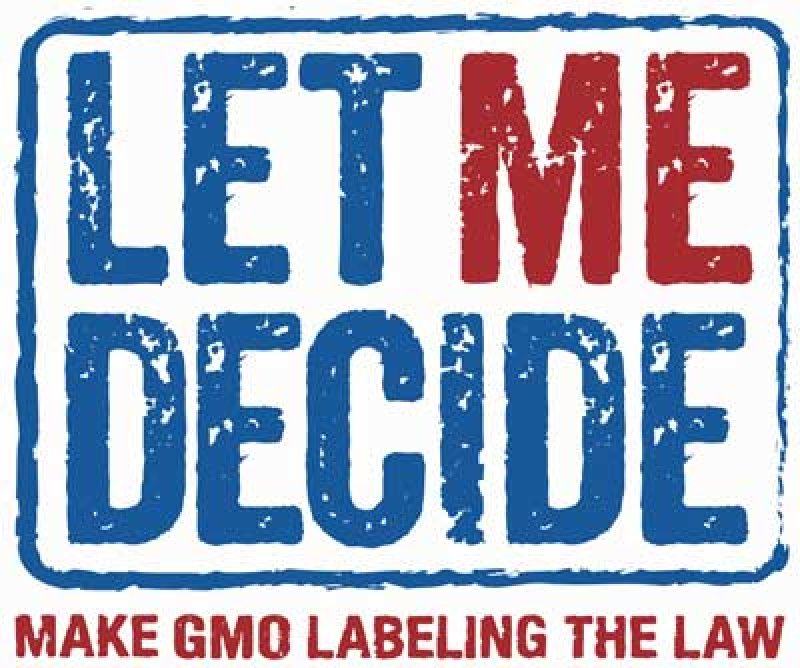Since 2002, concern about GMO products has gained traction across Oregon. Earlier this year, voters in two rural, conservative counties in Southern Oregon — Josephine and Jackson — approved bans on GMO crops. The votes followed the discovery of a patch of GMO wheat in Eastern Oregon, a development that prompted Japan and South Korea to suspend imports of the crop over GMO concerns, temporarily closing a $700-million market and prompting an understandable backlash among farmers.
Labeling proponents cite environmental concerns stemming from the increased use of herbicides as a result of crops genetically engineered to withstand their application. The increased usage of herbicides such as Roundup has contributed to the emergence of herbicide-resistant weeds, and proponents say consumers should be able to choose food products that do not contribute to that growing problem.
Supporters note the spread of labeling laws in other countries and their small but growing foothold in the United States — a presence that they rightly say ensures Oregon would not be an outlier if it approves Measure 92. Some activists clearly hope that Measure 92’s passage would help build momentum for federal labeling requirements similar to those already in place in many other countries.
Opponents start from the fundamentally untenable position of having to make the case that consumers shouldn’t have information they want about the food they buy. But they do their best to cover that gaping hole with a flurry of skewed and unsubstantiated arguments that they hope will convince voters to reject Measure 92.
One such argument is that Measure 92 addresses a problem that doesn’t exist. Opponents note that peer-reviewed scientific studies have found no evidence of negative health effects from human consumption of GMOs. But that ignores that genetic engineering is a work in constant progress and that future research on GMO products may find yet-to-be-revealed complications.
But the absence or presence of negative scientific findings is irrelevant if a problem exists in the minds of a majority of voters. If Oregonians have concerns that genetic engineering may have health consequences, then they have the right to know if their food contains GMO ingredients. And they have the same right to know for environmental, cultural, religious or any of a long list of other possible reasons. Moreover, if GMO products are safe, that raises the question of why anyone would oppose informing consumers of their presence in food.
Read full, original editorial: Approve mandatory labeling: Measure 92 would let Oregonians know if food products contain GMOs































